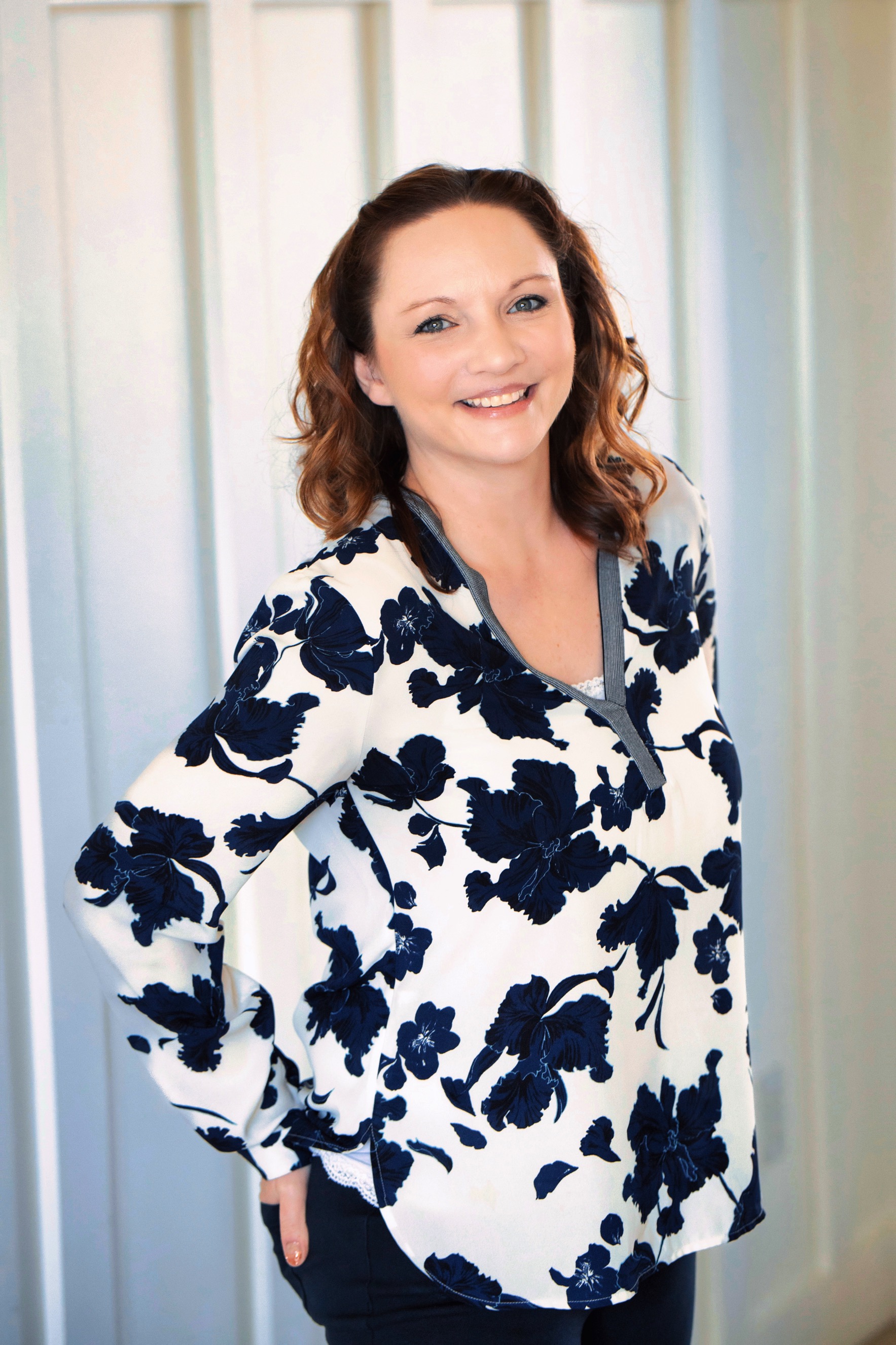This is incredibly relevant to people all over the world who are losing themselves to their smartphones. Classified as an addiction by many, it’s impacting relationships and likely changing brains of our young generations. This is New York Times author, Kevin Noose’s journey to try to free himself.
My name is Kevin, and I have a phone problem.
And if you’re anything like me — and the statistics suggest you probably are, at least where smartphones are concerned — you have one, too.
I don’t love referring to what we have as an “addiction.” That seems too sterile and clinical to describe what’s happening to our brains in the smartphone era. Unlike alcohol or opioids, phones aren’t an addictive substance so much as a species-level environmental shock. We might someday evolve the correct biological hardware to live in harmony with portable supercomputers that satisfy our every need and connect us to infinite amounts of stimulation. But for most of us, it hasn’t happened yet.
I’ve been a heavy phone user for my entire adult life. But sometime last year, I crossed the invisible line into problem territory. My symptoms were all the typical ones: I found myself incapable of reading books, watching full-length movies
From Around the Web
©
2024
by Rindie Eagle. All rights reserved.

